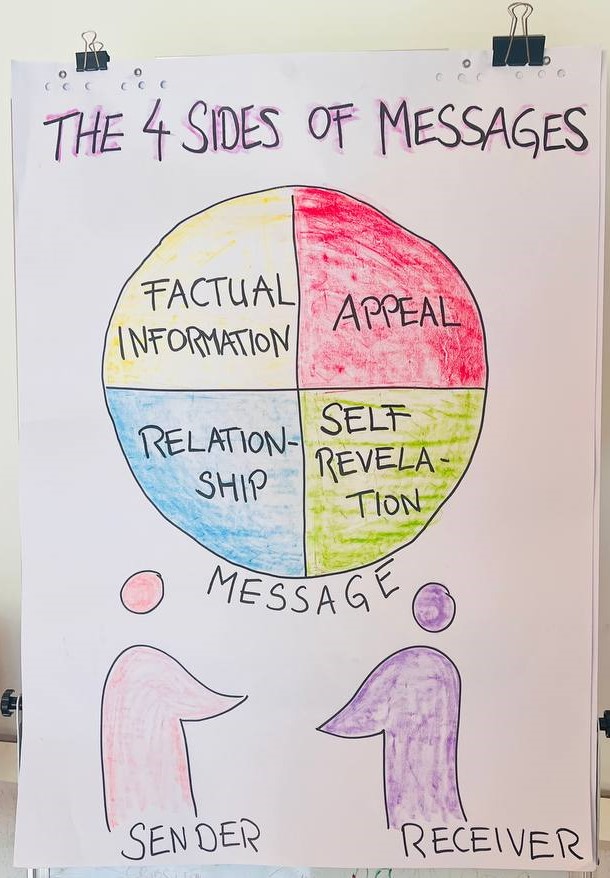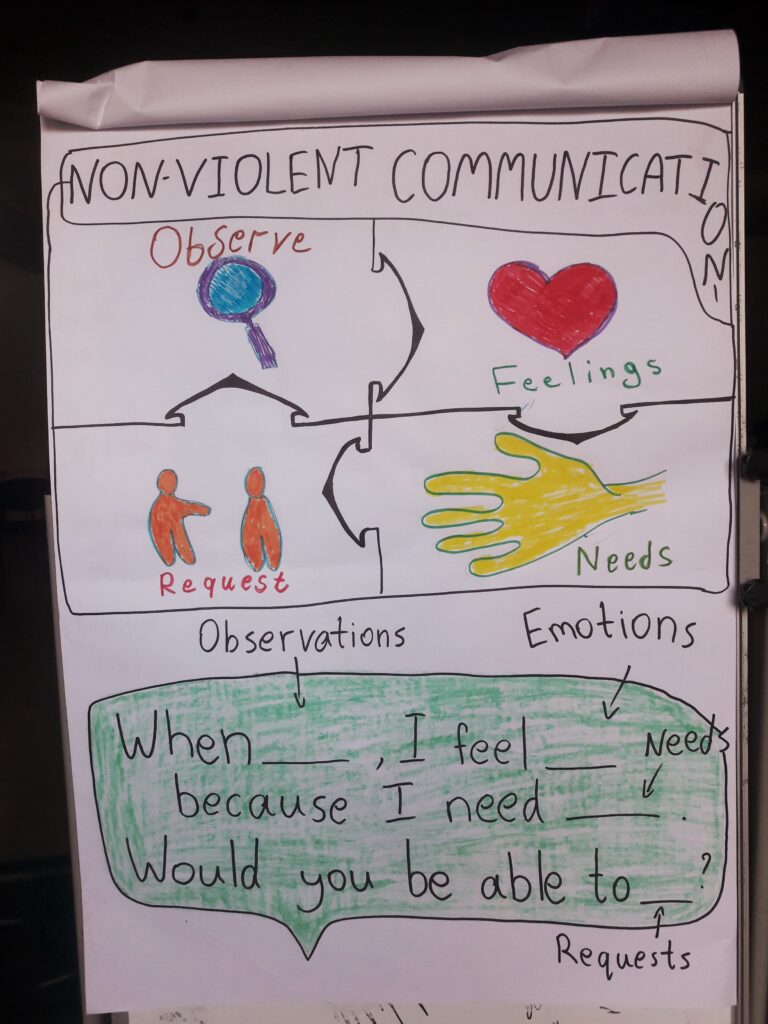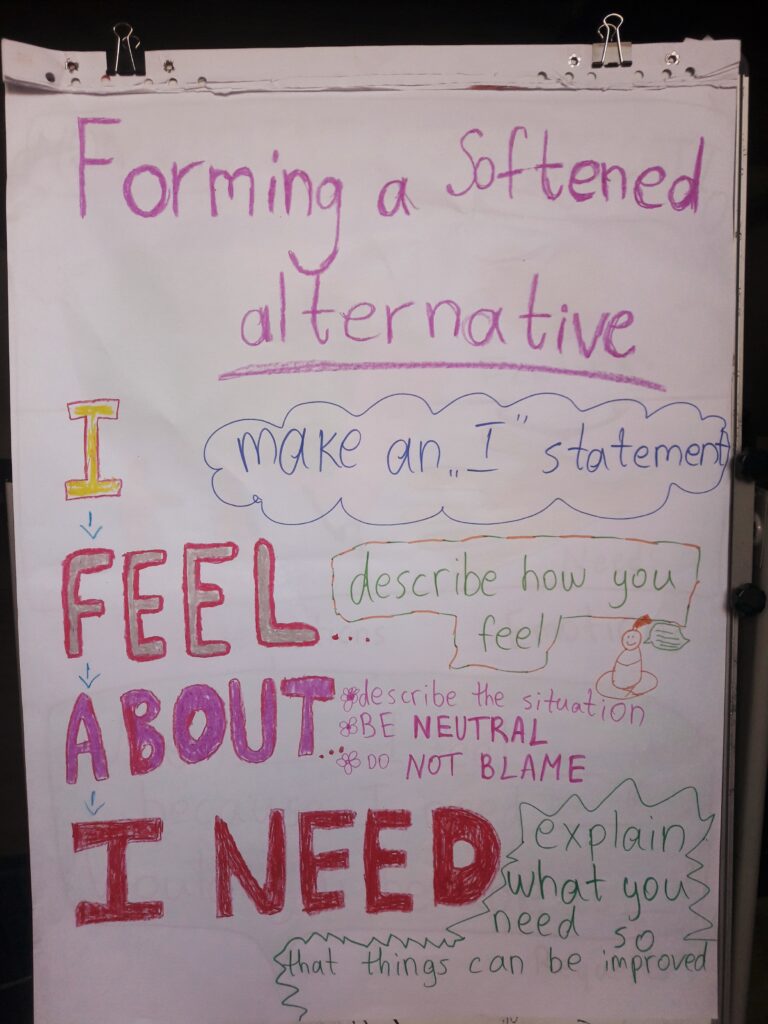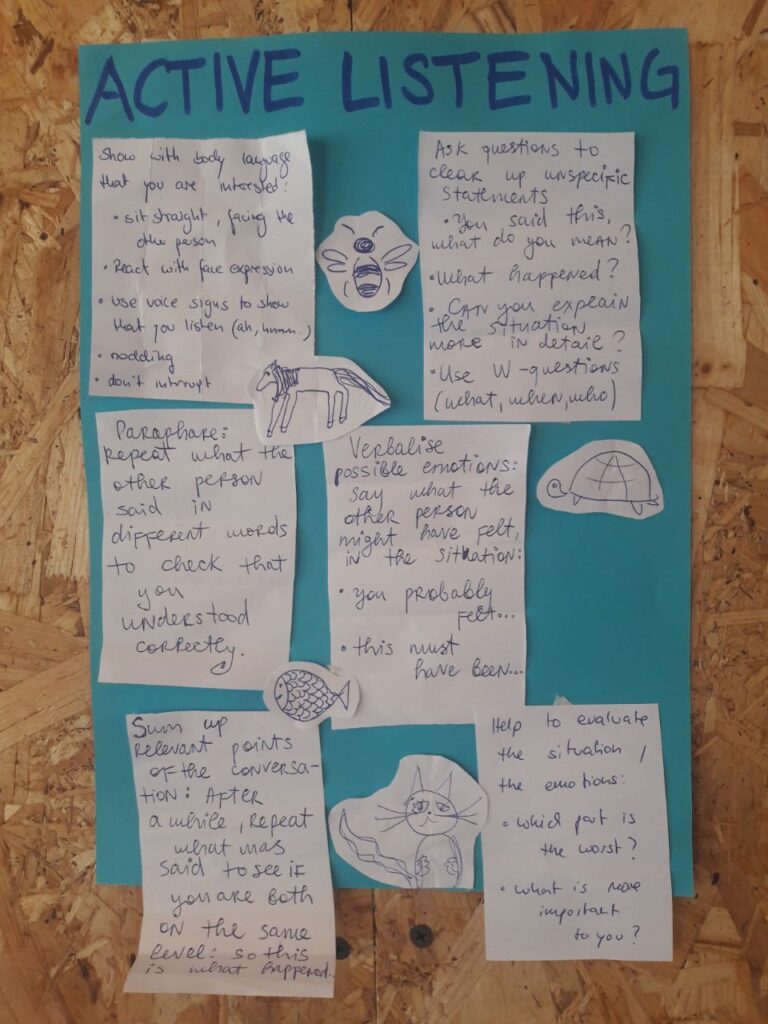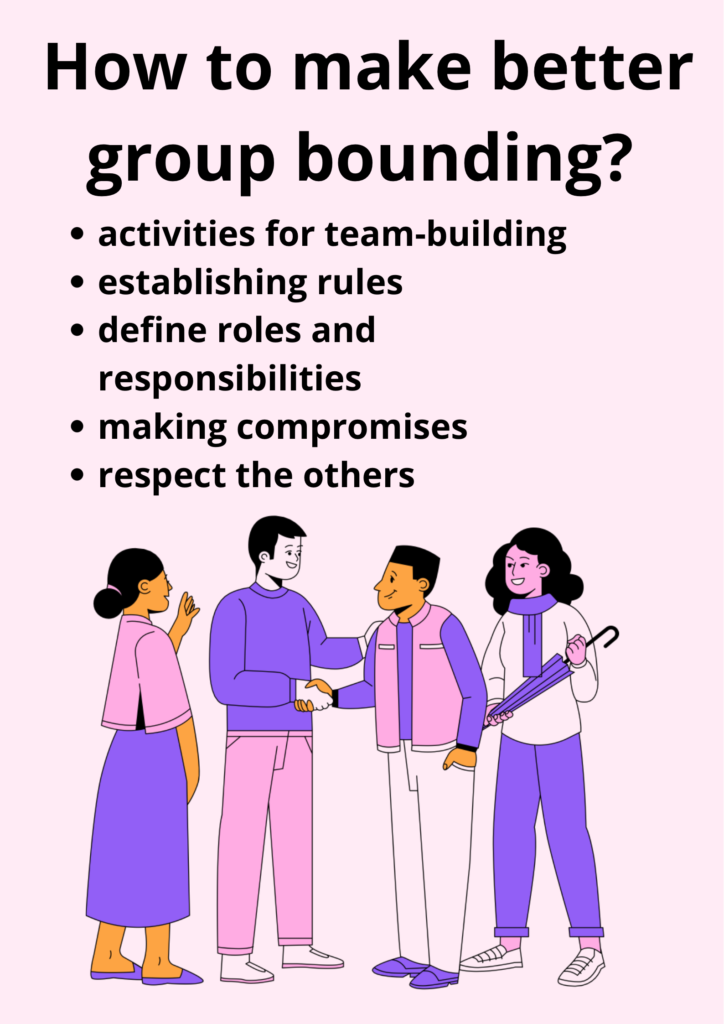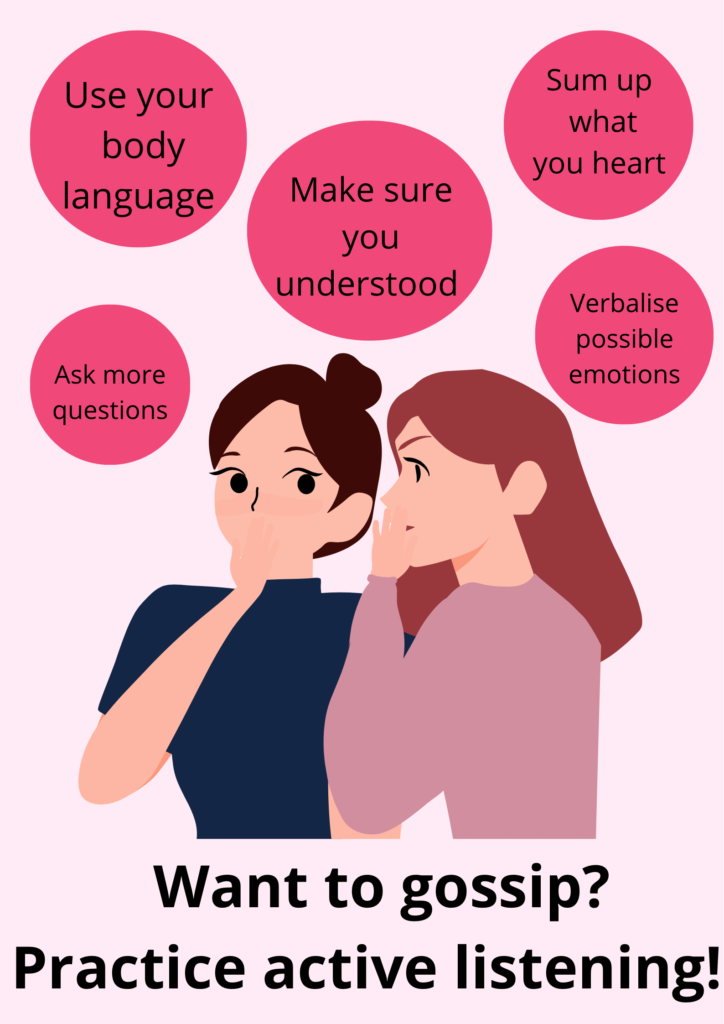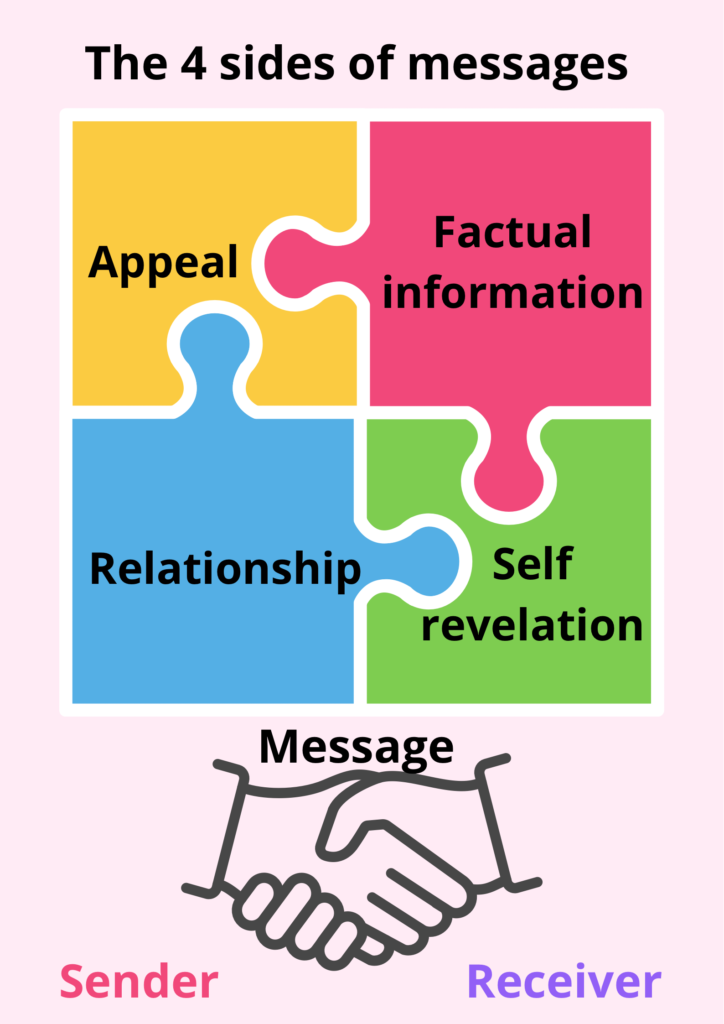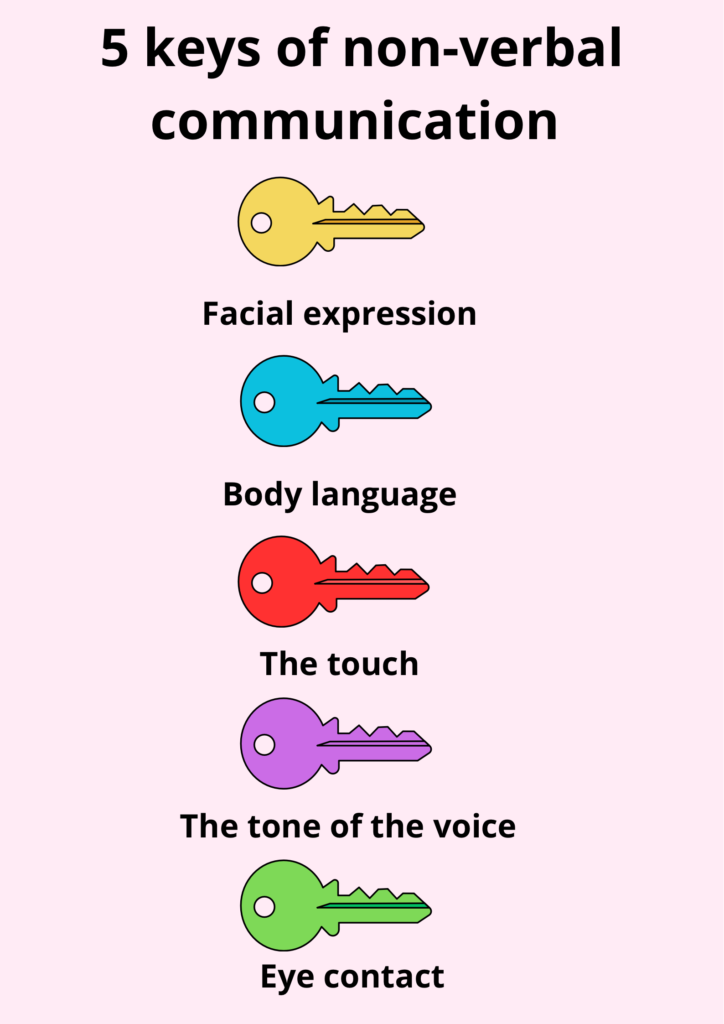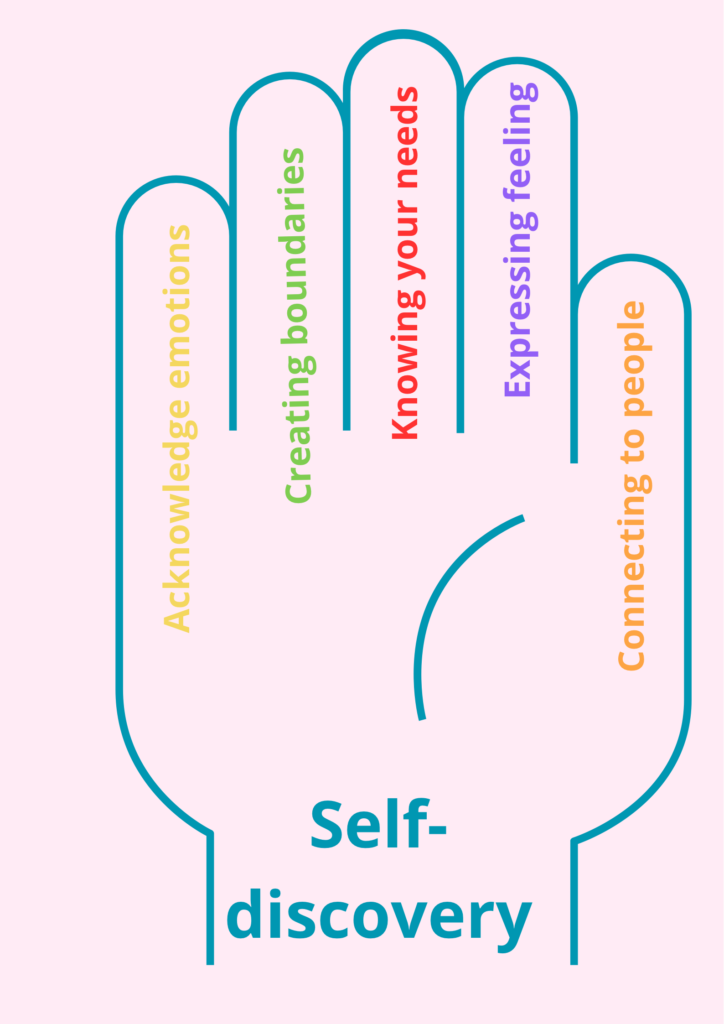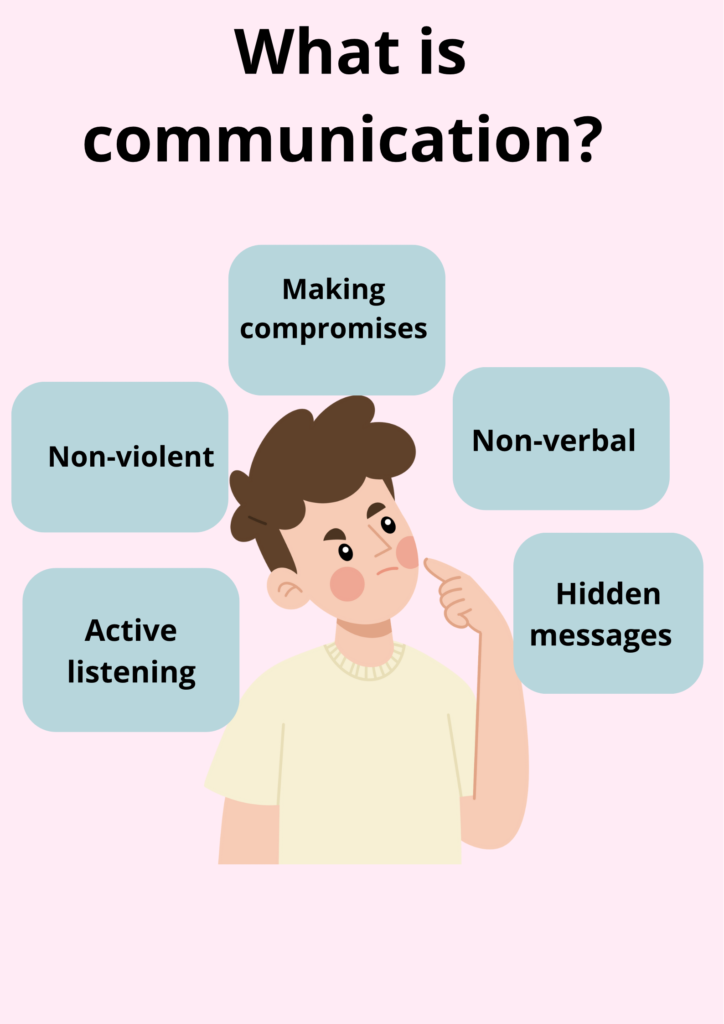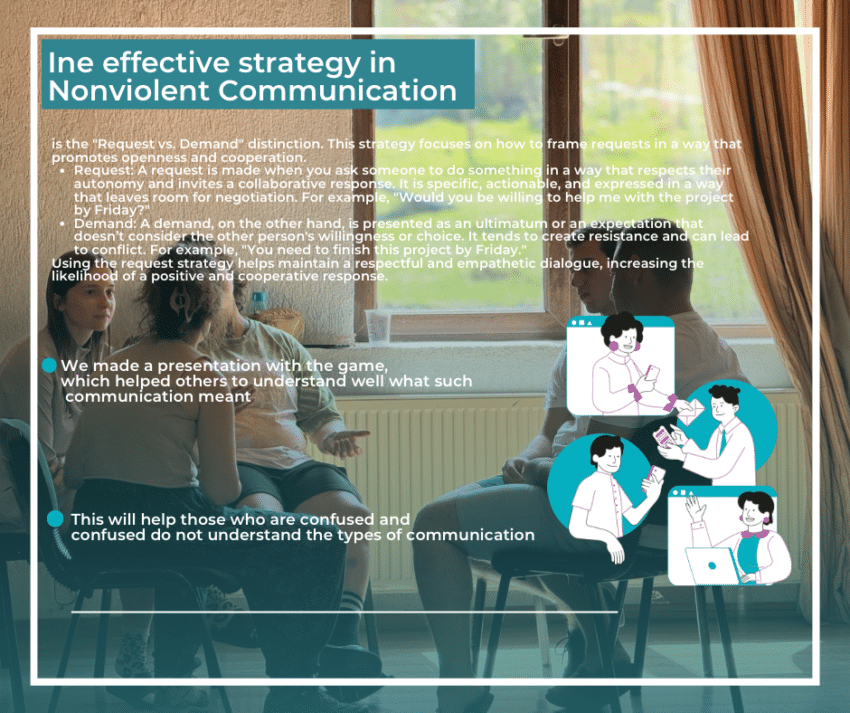
This mini toolkit presents tried-and-tested activities designed to foster communication skills in youth settings. These methods were implemented during an international Erasmus+ project and are suitable for non-formal education, youth exchanges, and training events.
1. Non-Verbal Communication: The Silent Art of Connection
Objective: Raise awareness of the power of body language and silent interaction.
Duration: 90–120 minutes
Materials: Pens (1 per pair), A4 papers, open space
Activities:
Posture Walk: Participants walk with closed body language, gradually opening up. Emphasizes how posture affects perception.
Pen Balance: Pairs hold a pen between their palms and navigate a space without dropping it. Fosters coordination and empathy.
Mime Chain: Silent “telephone” game where a mime is passed down a line. Highlights how meaning can get lost in transmission.
Silent Theater: Groups mime scenes like “on a beach” or “in a restaurant.” One group performs; the other guesses. Adds surprises to observe adaptability and group communication.
2. Non-Violent Communication (NVC) Workshop
Objective: Teach respectful and compassionate expression using NVC methodology.
Duration: 90 minutes
Materials: Presentation slides, flipcharts, markers
Structure:
Intro to NVC: Purpose and benefits of NVC
Theory Blocks:
Observation vs. Evaluation
Feelings vs. Thoughts
Needs vs. Strategies
Requests vs. Demands
Practical Application: Reflect on personal situations, reframe using NVC principles
Role Play: Practise handling real-life dialogue scenarios using NVC steps
3. Trust Labyrinth
Objective: Build mutual trust and connection through sensory experience
Duration: 60 minutes
Materials: Blindfolds, calm music, safe space
Activity: Participants guide one another through a “labyrinth” with eyes closed, using only touch. Reflection follows on vulnerability and support.
4. The Last Refuge (Debate Simulation Game)
Objective: Develop persuasive speaking, empathy, and group decision-making
Duration: 90 minutes
Materials: Role cards, scenario sheet
Scenario: In a post-apocalyptic future, 10 characters must debate who gets to survive in a bunker with only 4 available spots. Participants reflect on values, ethics, and group negotiation.
5. Intercultural Dice Game
Objective: Train memory, reactivity, and intercultural collaboration in a playful format
Duration: 30 minutes
Materials: Dice, action cards, chips
Instructions:
Players perform actions based on dice rolls.
Rules are memorized and removed; communication becomes non-verbal.
Chips are exchanged for speed. Encourages adaptation and fun challenge under changing rules.
Implementation Tips:
Alternate active and reflective exercises.
Ensure daily feedback and guided reflection.
Adjust complexity to suit group maturity and language level.
Involve participants in facilitating activities to boost engagement and ownership.
These activities can be tailored to suit various communication-related topics such as emotional expression, intercultural understanding, or leadership. Let us know how you use them in your youth work!
Created by Facilitators Team and Leaders
Thanks facilitators Dasha and Johanna for your great job!!!
Project 2024-1-EE01-KA152-YOU-000239132
